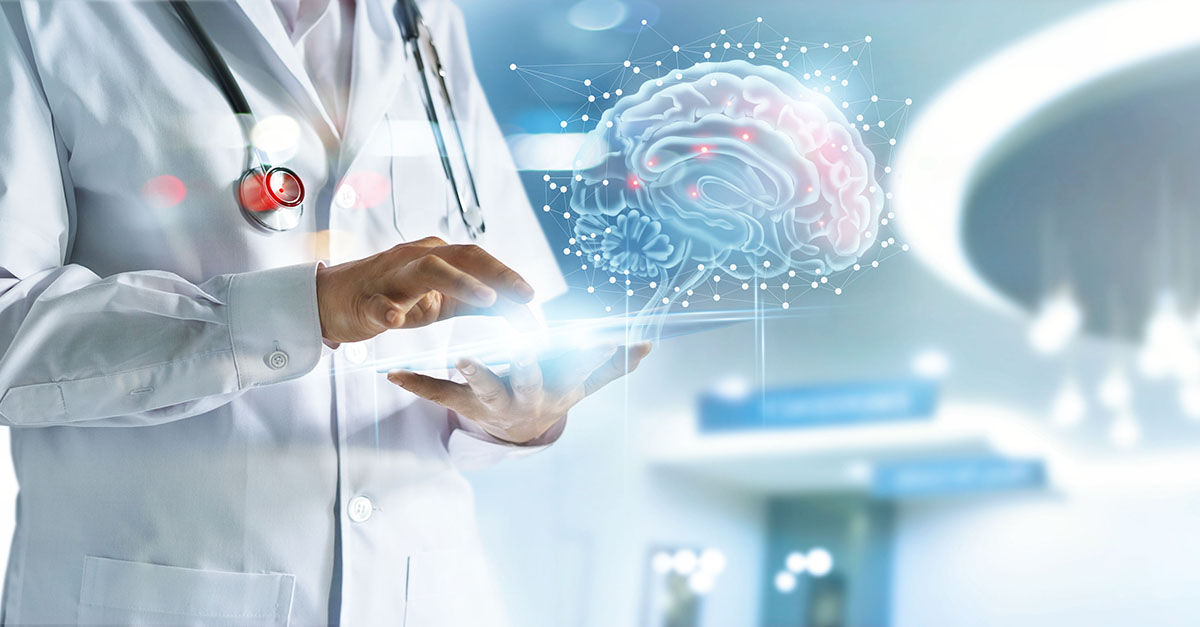
Historically, medicine has used an apprentice model for educating doctors. Meaning, physicians are trained via learning from textbooks and then sent to work as interns and residents to hone their skills and practice their craft. Yet knowledge evolves and new data is constantly being published. To stay current, physicians must undertake an active role in their education even if those ideas and practices are contrary to what was originally taught. Being amenable to changes in thought and practice and willing to undertake new methods and modalities is critical in moving forward.
For instance, based on predictive modeling, artificial intelligence has begun to emerge as a model that enhances our ability to deliver care. Many believe that without these Technology Enhanced Leanings (TEL), we will not observe improvement in the quality and the delivery of care. However, there are those that believe there might be unintended consequences. For example, as there becomes a greater reliance on the capabilities of technology, machine learning and automation, physician skills will be reduced. This thought, however, is founded on two assumptions that are worth considering: Is our present skill level exactly where it needs to be? And, is learning how to optimize all this new science and information a skill in itself?
Along with additional data-driven information, there is also a concern that there will be a loss of the contextual nuances. Historically, medicine relied heavily on the context of not only the patient situation, but also the physician and his biases. The latter can be improved while maintaining the former. This premise also assumes that information, machine learning and technology cannot give added substance. As this field of science improves, there might even be a time when it gives us greater context.
Additionally, we need to recognize that the use of new information and technology is still maintained by an end user. This does not negate the issue of how this new information is applied. This fact will always be true and instead of utilizing it as a reason to be skeptical of the value, we should embrace how best to apply our new learnings and methodology.
Whenever there is a new innovation, there is a period of time when there is concern, misuse and even mistrust. We cannot progress in our ultimate goals if we do not move forward utilizing all available help, including machine learning. Yes, we should be careful, and yes, we should ensure that there is validated science behind everything. But more importantly, we should proceed forward. Let us embrace the future not as skeptics, but with a professional lens as drivers of change. We have a responsibility both to deliver greater outcomes to those we serve and to protect them from harm. As professionals, we should drive and manage the change.
